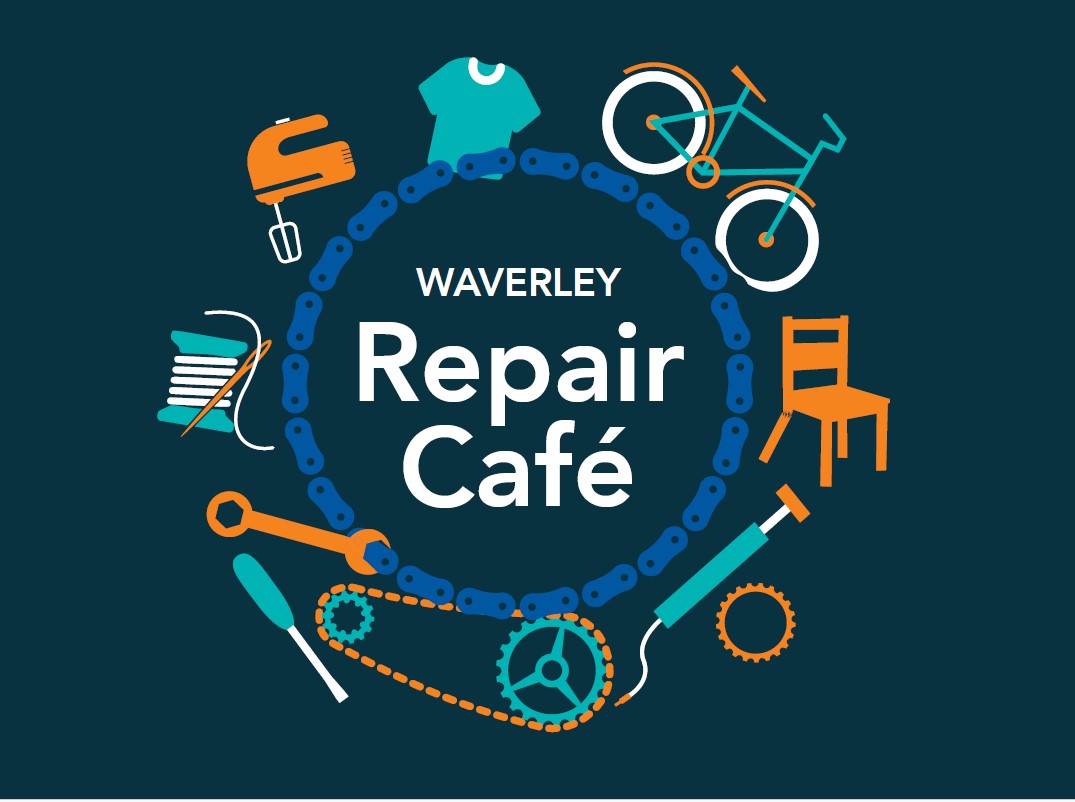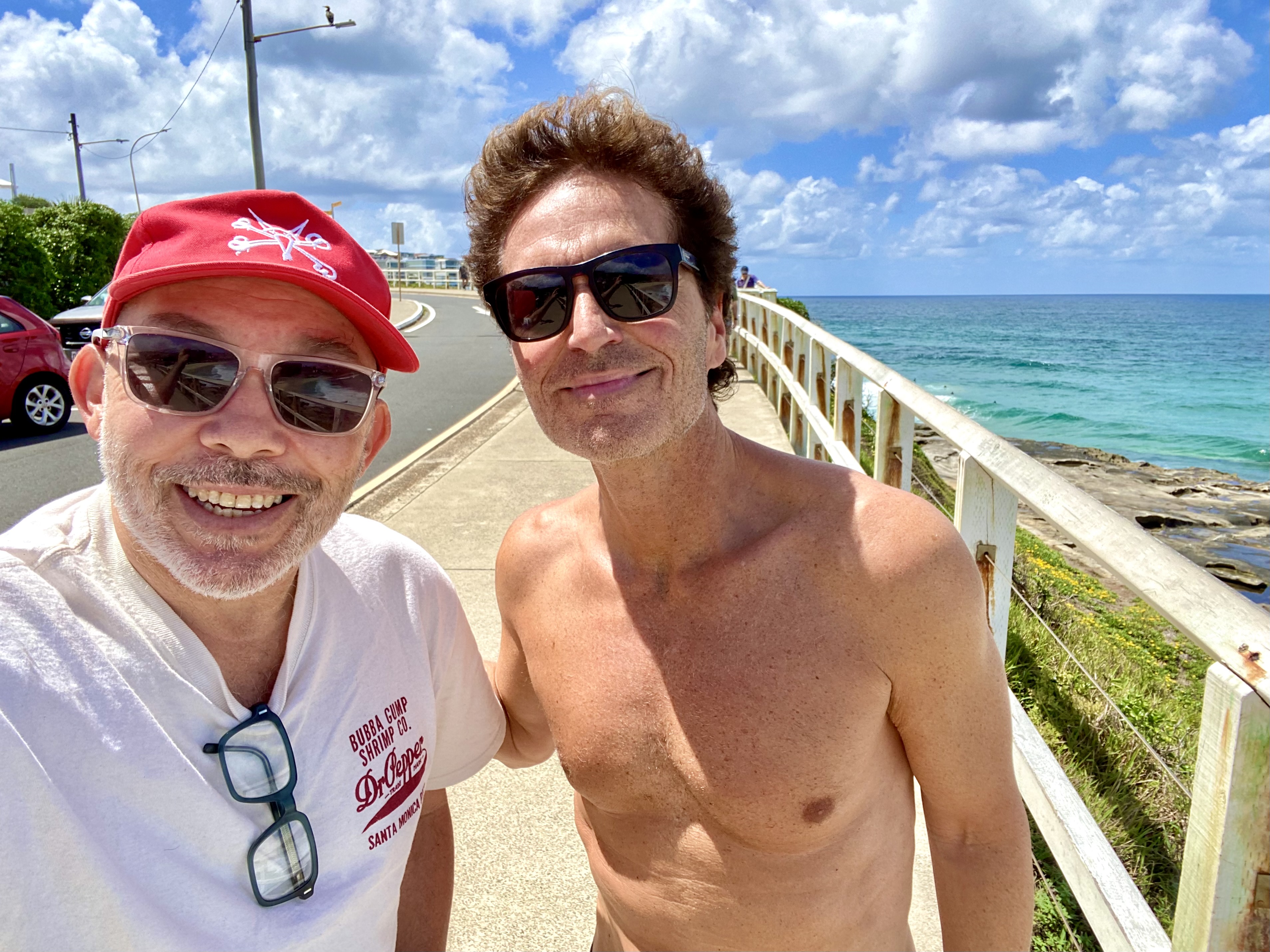
Are you a property owner who has been looking for ways to ensure your property is safe and its plumbing system is working perfectly? You want to prevent sudden plumbing disasters, which are costly and can significantly impact your property’s value.
The effect can extend beyond a mere inconvenience to huge financial and safety concerns, whether clogged drains or burst pipes. Being a proactive homeowner and implementing preventive measures can reduce risk and save on potentially high repair costs.
You need a strategy and practice to help maintain your plumbing system efficiently. Here’s how.
Regular Inspection and Maintenance
- Proper inspection and maintenance are among the best ways to prevent costly repairs to your property. Routine checks and timely plumbing system maintenance, such as fixtures and connections, are crucial to helping you identify risks early and address them before they get worse.
- Detecting leaks: Regular inspection will expose all pipe areas in basements, attics, and utility rooms, allowing you to check for signs of rust, leaks, or moisture.
- Checking water pressure: Checking water pressure regularly can help prolong your pipe’s lifespan. High water pressure can damage pipes, so it’s advisable to monitor water pressure and ensure it stays within safe limits. You can also install a pressure regulator to help.
- Sewer system inspection: Timely inspection by professionals using a camera service can help identify potential issues, including root intrusion and accumulated debris.
- Professional drainage cleaning: Sometimes, home remedies aren’t enough for blocked drains Central Coast residents, for instance, often find that hiring experts to perform regular maintenance and inspection on their drainage can prevent emergencies and maintain the health of their plumbing system.
Make sure that each task, such as cleaning the sump pit or testing sump pumps, is part of your routine checkups to prevent failures, especially during heavy rainfall.

Addressing Clogs and Slow Drains
Clogs and slow drains are among the most common issues in household plumbing. If ignored, they can also lead to serious property problems. You can avoid this by being mindful of the chemical drain cleaners you use. Although most offer quick fixes, chemical cleaners can damage your plumbing system over time. Enzymatic cleaners are a safer alternative to these components.
You must also be mindful of how you flush the toilet or wash your kitchen sink. Items like cooking grease, coffee grounds, and non-flushable wipes/baby wipes are common causes of blockages and slow drains. Being aware of the Signs of a Clogged Sewer Line can also help you catch problems early, before they lead to more serious issues. This includes noticing gurgling sounds, water backing up in drains, or unpleasant smells coming from sinks and toilets.
Once you address these issues earlier, you can prevent the backflow of dirty water, which can be a major cause of health issues. In addition, it can also cause unpleasant odors and potential damage to your property.
Water Heater Care and Maintenance
Your water heater is a critical component of your home plumbing system, but it is also one of the most neglected units until it fails. Sediment accumulation at the bottom of your heater can reduce its efficiency and shorten the unit’s lifespan. Yearly flashing is highly recommended for water heaters.
The temperature you set on your water heater is also an important factor. You might want to keep it at around 120° F to optimize performance and reduce the risk of scalding.
It is also highly recommended that anodes and valves be inspected annually to identify whether any sacrificial anode rods need repairing or if any valves are functioning properly. Should these inspections reveal a critical issue or if your water heater suddenly stops working, searching for “reliable emergency hot water heater repair near me” can be crucial to get in touch with professionals to restore comfort and prevent further damage.
If you do need to get it repaired or replaced, it is important that you look into how you can save money in the long run. Maintenance can get expensive, so getting a home warranty may be a good option. If you are wondering “what is a home warranty?” – American Home Shield will be able to answer any and all questions you may have.
Plumbing System Safe To Landscaping
Your landscaping can also affect your plumbing system, particularly the underground pipes. When landscaping, you must consider the placement of large plants and trees, as their roots can grow into pipes, causing damage and blockage.
Before any digging happens on your property, it’s important to ensure all underground utility lines are marked to prevent damage to pipes. With proper drainage planning, you can prevent water accumulation around your home, which can weaken foundations and damage basements.
By carefully planning and designing, you can guarantee that your green spaces enhance your home without compromising your plumbing system and other utilities.
Emergency Preparedness
In case unwanted scenarios happen, regardless of all your precautions, you have to be aware of what to do and have an effective plan. A plan and place can significantly reduce the damage and stress caused by these unexpected plumbing disasters.
First, you need to familiarize yourself with your main water shut-off bulb and other control points on your property. It’s also important to have an emergency plumbing kit handy. You may include items like a pipe wrench, plunger, and leak-sealing tapes.
It’s also important to have a reliable plumber’s emergency contact number readily available. This preparation can make a difference in effectively handling plumbing havoc and potentially save you from extensive costs and damages.
Final Words
Investing in regular maintenance and being proactive in addressing any potential risk can help prevent plumbing disasters. Once you understand and implement the safeguards outlined in this article, you can enhance your plumbing system’s efficiency, reliability, and longevity.
Regular inspection, careful waste disposal, water heater maintenance, and a proper landscaping plan, as well as preparedness for emergencies, are all strategies that help you build a solid defense against potential plumbing issues that generally lead to costly repairs.









